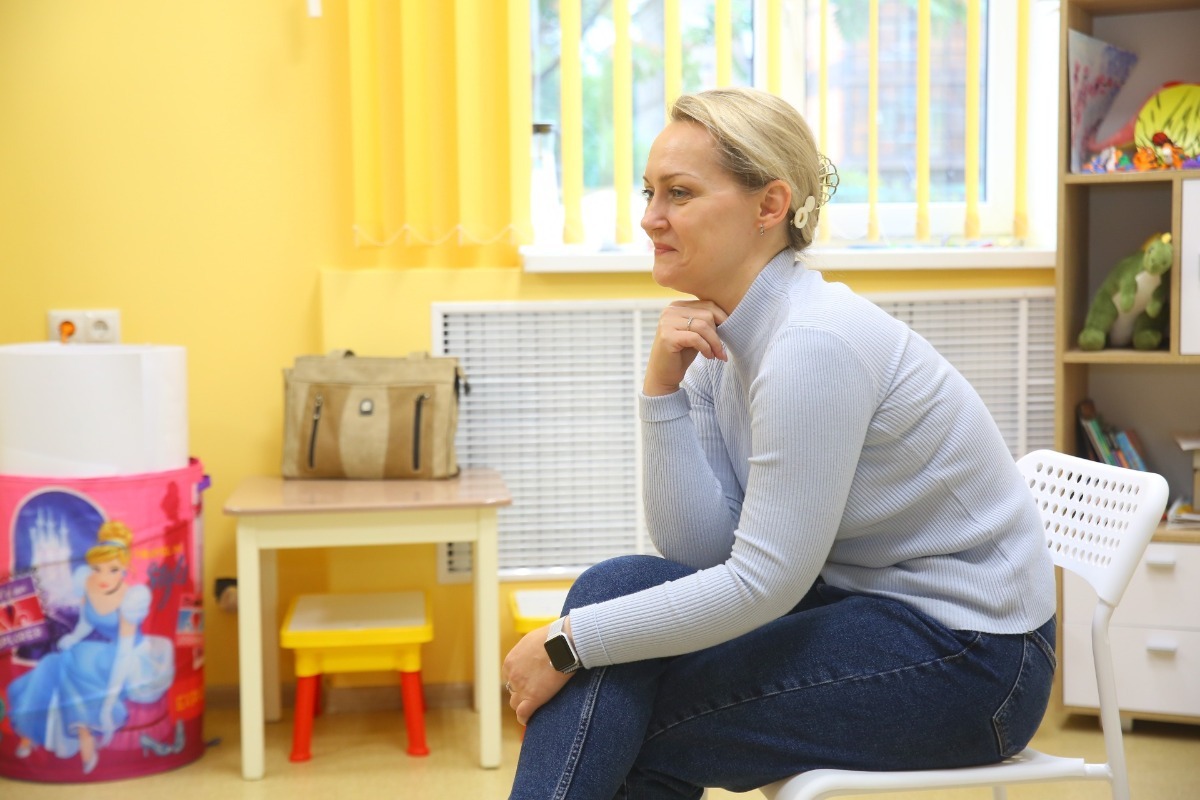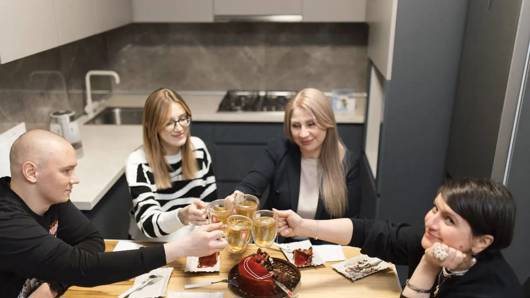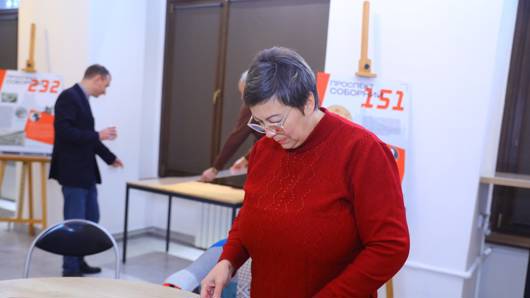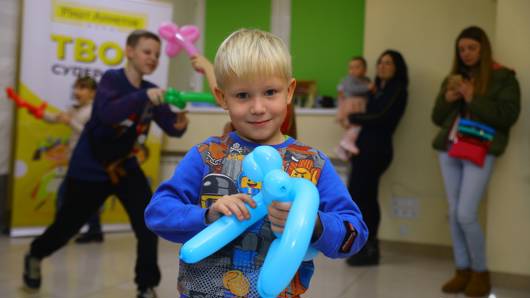Gender-based violence in Ukraine has been at the top of the most discussed topics in recent years. Why this issue has become so relevant right now, what trends in solving this problem and the main tips for women were described in more detail by Nataliia Popova, a psychologist at Zaporizhzhia Community Centre "Oplich Hub".
What do the statistics say?
Earlier in Ukraine, there were jumps in the number of complaints from women who suffered from violence. If we look at the statistics, in 2019 there were 142 thousand complaints, and in 2020 – almost 209 thousand, because there was a COVID-19 epidemic that year. The consequences of the pandemic, which can also be called triggers for aggressive actions, led to a sharp increase in violence by 32%.
In 2021, the figure fell to 145 thousand, and in 2022 it jumped again, almost 245 thousand claims. And these are only registered cases that we know about from official sources. Such a jump, in my opinion, is caused by permanent stress from hostilities and pent-up anger.
Another important aspect of this issue is the psychological state of servicemen returning from the front line. They require special attention, understanding and work with a psychologist and psychotherapist. In Oplich HUB, there is such an opportunity, we work not only with women and children, but military personnel can also apply and receive assistance through individual consultations. Often, just talking about your feelings is enough to improve your state.
Now, amid a full-scale war, people are full of aggression and anger, hostilities and crisis affect the psychological state of Ukrainians, in addition, job loss, moving, these are all catalysts for conflicts and violence in all its manifestations.
The first manifestations of psychological violence
There are such conditional "red flags" – the first signs that indicate that psychological violence is being committed against you. Any psychological violence is a violation of personal boundaries. In particular, we discuss this with the participants of the Between Us Women project during group sessions at "Oplich Hub". Among the first signs are the following ones:
Excessive control. If you feel discomfort from the excessive control of your husband, mother/father, relatives, friends, colleagues, this is psychological violence. It is necessary to build your own boundaries, which no one is allowed to violate.
Impairment. No matter what you do, you always feel that you are not what they want you to be – not smart, obedient, professional, calm, decisive enough, etc. And this feeling is constantly strengthened by the rhetoric of a person who commits psychological violence. This entails a constant rush toward the ideal, an attempt to become better in order to gain approval. It's not OK.
Ignoring. When your interests are not taken into account, are not considered significant or important.
Harassment. It is important to understand that this does not always mean physical harassment. It's about trust. If your phone is checked, your pages on social networks and social circle are carefully monitored, your right to privacy is regularly violated and correspondence in instant messengers is read - these are all forms of harassment, and a very serious reason for concern.
It should be kept in mind that psychological violence with an 85% probability will lead to physical violence. They are eternal companions and, as a phenomenon, do not arise without each other.
“I'm a victim, and I admit it”
At our Oplich HUB community centre, psychologists use many techniques in working with women who have become victims of violence during the war. In particular, it is art therapy, and everything related to creativity.
In difficult cases, when a person has had a very traumatic experience, such as sexual or physical violence, individual consultations are usually the first to be chosen.
There is also a mirror situation when women come to group sessions to simply improve their psychological state, and only there they realize that they regularly suffer from various types of abuse from family members, friends, and partners.
We listen carefully, give effective advice to reduce anxiety, and when a person already feels better, we include art therapy, yoga/fitness, painting, group sessions, etc.
The most difficult and most important thing on the path to healing is the awareness and acceptance that a person is a victim. If a person has recognised and realised this, then you can work with it and change it.
Top 3 tips: How can you help yourself?

Наталія Попова
One of my clients had been in an abusive relationship for 28 years. She periodically suffered from psychological, physical and financial abuse, and her daughter was a regular witness. The woman asked to help her go through the process of divorce to remain decisive and push the matter through. Her daughter was in the support group, and today, after three decades of living in an unhealthy relationship, she stepped out of the position of victim and took responsibility for her life. So here are three main tips:
If it seems to you that there is something wrong with you and your life, it doesn't seem to you. You need to recognise that everything that happens to you depends only on you. It is important to take responsibility for your life. If somebody shows violence towards us, it means that we, through our actions, behaviour and words, allowed this to happen once – and then it can become or has already become a systemic fact.
If there is already a fact of violence, contact the police and specialists providing professional psychological support – like the specialists at Oplich Hub, and be sure to talk about what happens, do not hide it. The more you talk about the problem, the less tension you will have, and your condition will improve.
Ask yourself the following questions: What useful things can I do for myself today? Whether it's a cup of coffee or a trip to the cinema, the main thing is to take care of yourself and your state.
At Oplich HUB, you can get free and confidential legal or psychological advice, attend yoga classes, or just come with your child to have a rest in the playroom. All you need to do is to make an appointment by calling or texting in Telegram or Viber +38 (066) 853 78 98.
Oplich HUB was established by the UN Global Compact in Ukraine as part of the Mental Help project and with the support of Metinvest Group's humanitarian initiative Saving Lives in response to an internal demand from society to take care of mental health.










